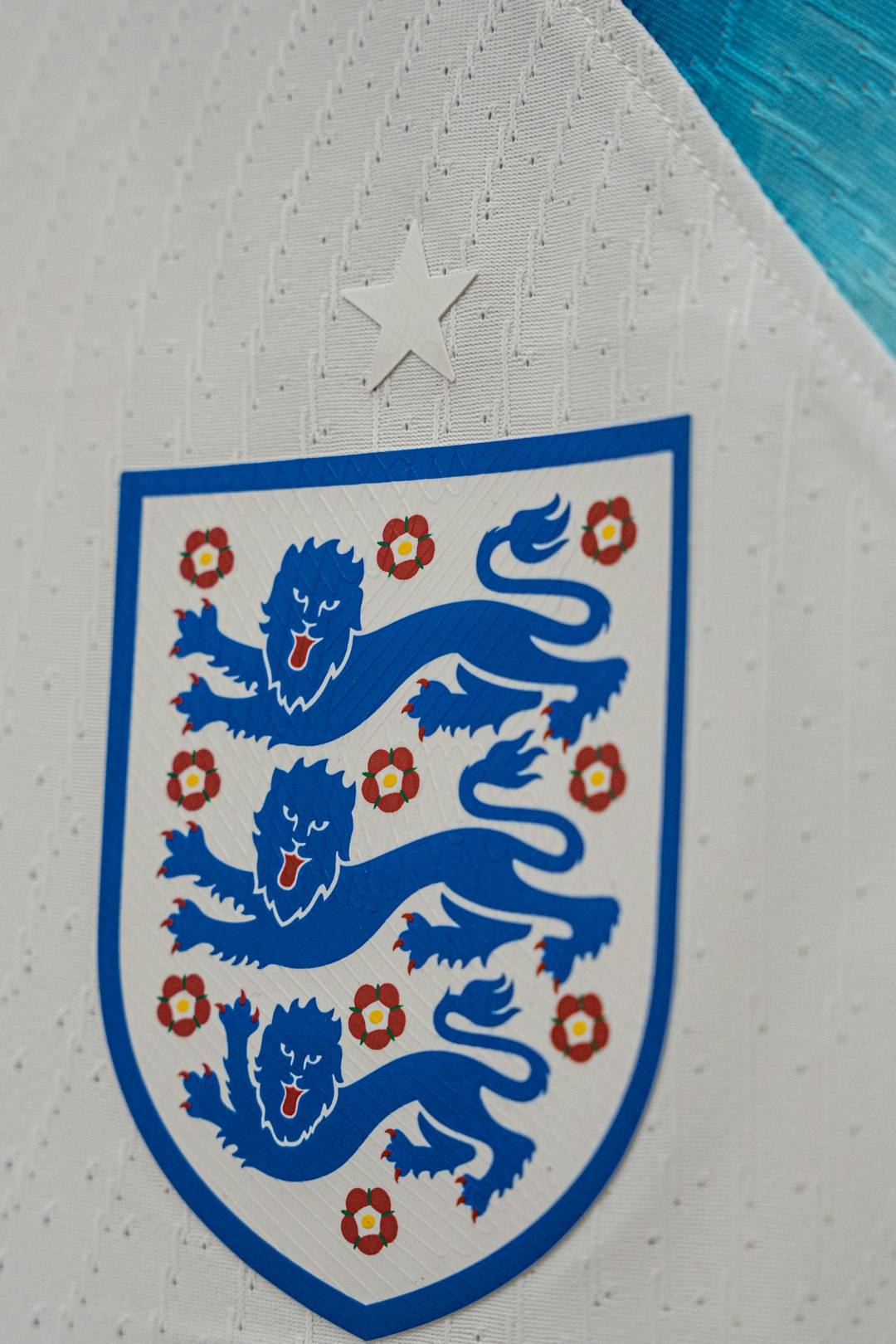Are England’s Sporting Selections a Shocking Betrayal of Experience, or a Needed Revolution?
England’s love affair with sport is legendary—a commanding dynasty, a pressure cooker of public hope, and a theatre for national identity. But when a team selection shocks the establishment and fills its ranks with ten uncapped players, the real debate is not just about tactics or form. It’s about the deeper identity of a nation’s sporting spirit: should loyalty to experience always outweigh the urgency of renewal? Or is shackling the future to the past just another form of mediocrity?
The Generation Clash: Fresh Blood vs Tried Warriors
England’s sporting tradition, especially in rugby and football, prides itself on heritage and hierarchy. Yet, radical overhauls—ushering in droves of novices—explode old certainties. Are selectors betraying faith in battle-worn veterans, or courageously engineering a reset for a stale system?
| Perspective | Primary Argument | Supporting Points | Key Risks |
|---|---|---|---|
| Old Guard Advocates | Experience can’t be faked | Veterans lead under pressure; cohesion is vital | Stagnation, lack of innovation |
| Youth Revolutionists | Only risk breeds greatness | Fresh energy, unscouted talent, hunger to impress | Decreased chance in the short-term; nerves, mistakes |
| Pragmatic Centrists | Balance experience and youth | Blend wisdom and pace, mentorship for rookies | Hard to achieve right ratio; risk of “too little” change |
The Ethics of “Deserved Opportunity”
England’s national teams, as mirrors of their society, face a thorny dilemma: is selection about meritocracy, loyalty, or utility?
- Meritocratic View: The best, regardless of age or résumé, play. This uplifts unknown talent.
- Loyalty View: Rewarding service and resilience is moral and stabilizing.
- Utilitarian View: Pick whoever maximizes success—even if it means discarding loyal servants suddenly.
An Ethical Table
| Value | Meritocracy | Loyalty | Utility |
|---|---|---|---|
| Who Benefits? | High-performing youngsters | Experienced veterans | The team’s immediate prospects |
| Societal Impact | Class mobility, fresh hope | Tradition, emotional continuity | National pride (but can be cold) |
The Uncapped Player Phenomenon: Cultural and Historical Reverberations
Why does the arrival of an uncapped athlete cause such fevered debate?
- Historical Weight: England’s squads are imbued with the ghosts of sporting legends. New names disrupt supposed “natural orders.”
- Cultural Symbolism: Squads are avatars for national values—Queen and country, plucky underdog, or innovative pioneers?
- Psychological Pressure: The media and fans dissect every error, often with glee. For an uncapped player, one mistake can mean a blighted legacy.
Surprising Fact:
Studies in English sport psychology reveal debutants are twice as likely to be scapegoated than experienced peers after a defeat. Is this growth or groupthink?
Broader Trends: Are We Witnessing a Global Sporting Revolution?
England is not alone. Across the world:
- The New Zealand All Blacks, traditionally conservative, have started to blood youngsters.
- In French football, the youthful 2018 World Cup squad won it all.
- US sports (NFL, NBA) continuously churn out new talent, with “rookie seasons” mattering as much as veteran swansongs.
Key Insight:
The “moneyball” era values performance data over heroic narrative. Algorithms, not anecdotes, increasingly shape who gets a shot.
Risk, Reward, and the National Psyche
England, like many countries, projects its anxieties and ambitions onto its sporting teams. Drastic selection changes become Rorschach tests for the public mood:
- Are we yearning for the spirit of the Blitz, or is nostalgia clouding our judgment?
- Does giving ten rookies a chance signal healthy ambition, or desperate unpredictability?
Truth: It’s both—sport is both mirror and hammer, reflecting and reshaping society.
This article was inspired by the headline: 'Ten uncapped players in England squad for Argentina/US tour'.

Comments
No comments yet. Be the first to comment!